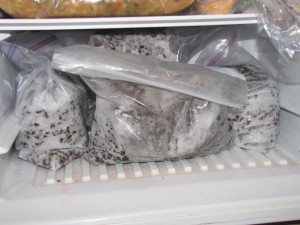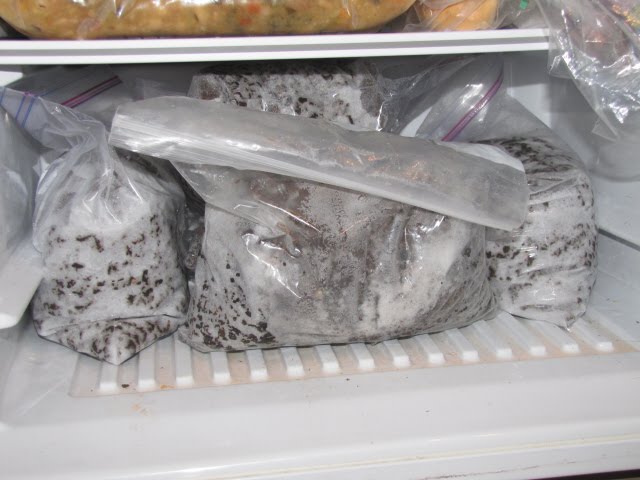Many people put bread in the freezer to keep it fresh, but this changes its structure and should be avoided if you suffer wind and bloating, according to dietitian Catherine Collins.
‘Baking bread softens the wheat starch, breaking down its structure to make it edible. However, when you cool it again it hardens — just as mashed potato is lovely and soft when it’s warm but goes hard when it cools — and stays that way.’Avoid frozen bread

Even if you pop it in the toaster, the resistant starch remains and can be fermented by bowel bacteria, causing more intestinal gas and bloating than unfrozen bread.
But it’s not just home freezing that’s a bad idea. Catherine Collins explains: ‘Many artisan breads from the bakery section are made with frozen or chilled dough, and cooked again just before sale, so can cause similar problems.
So if bread doesn’t agree with you, avoid chilled dough products from the bakery counter and make your own bread — and never freeze it at home.
by Susan Floyd


